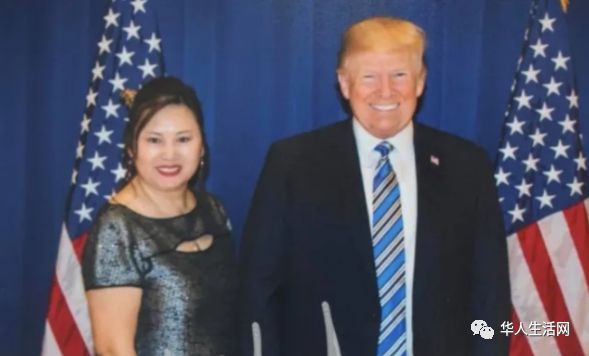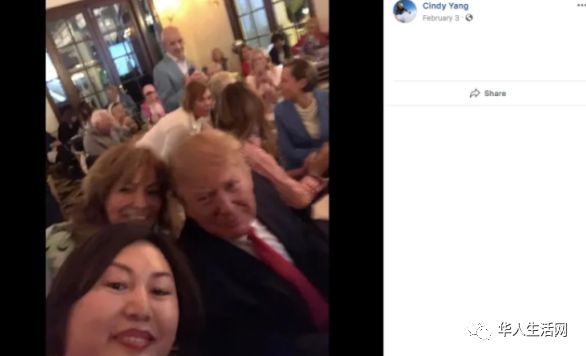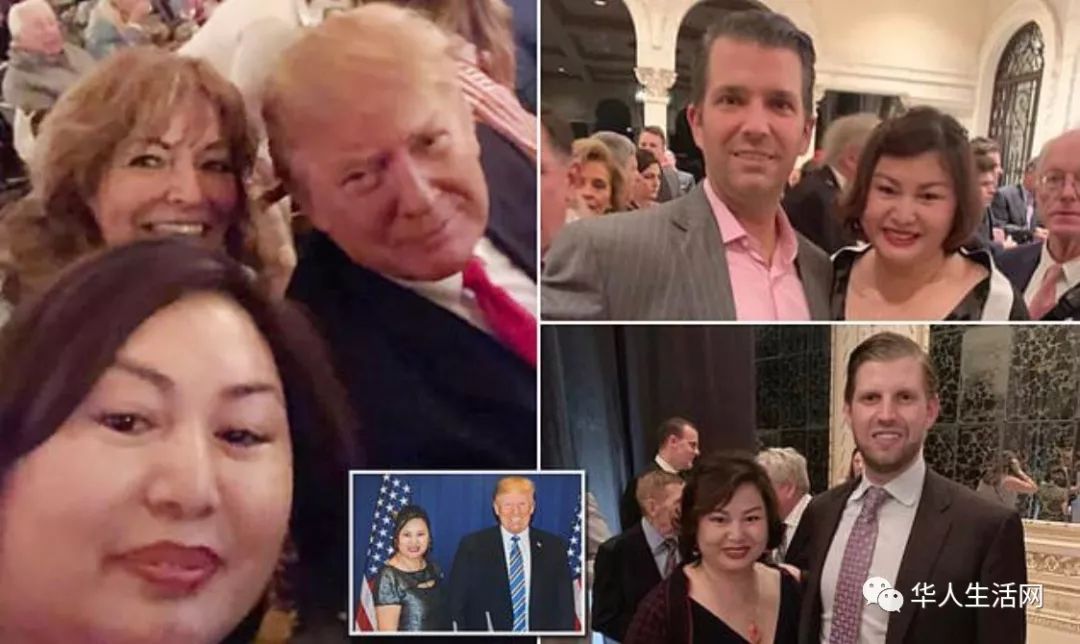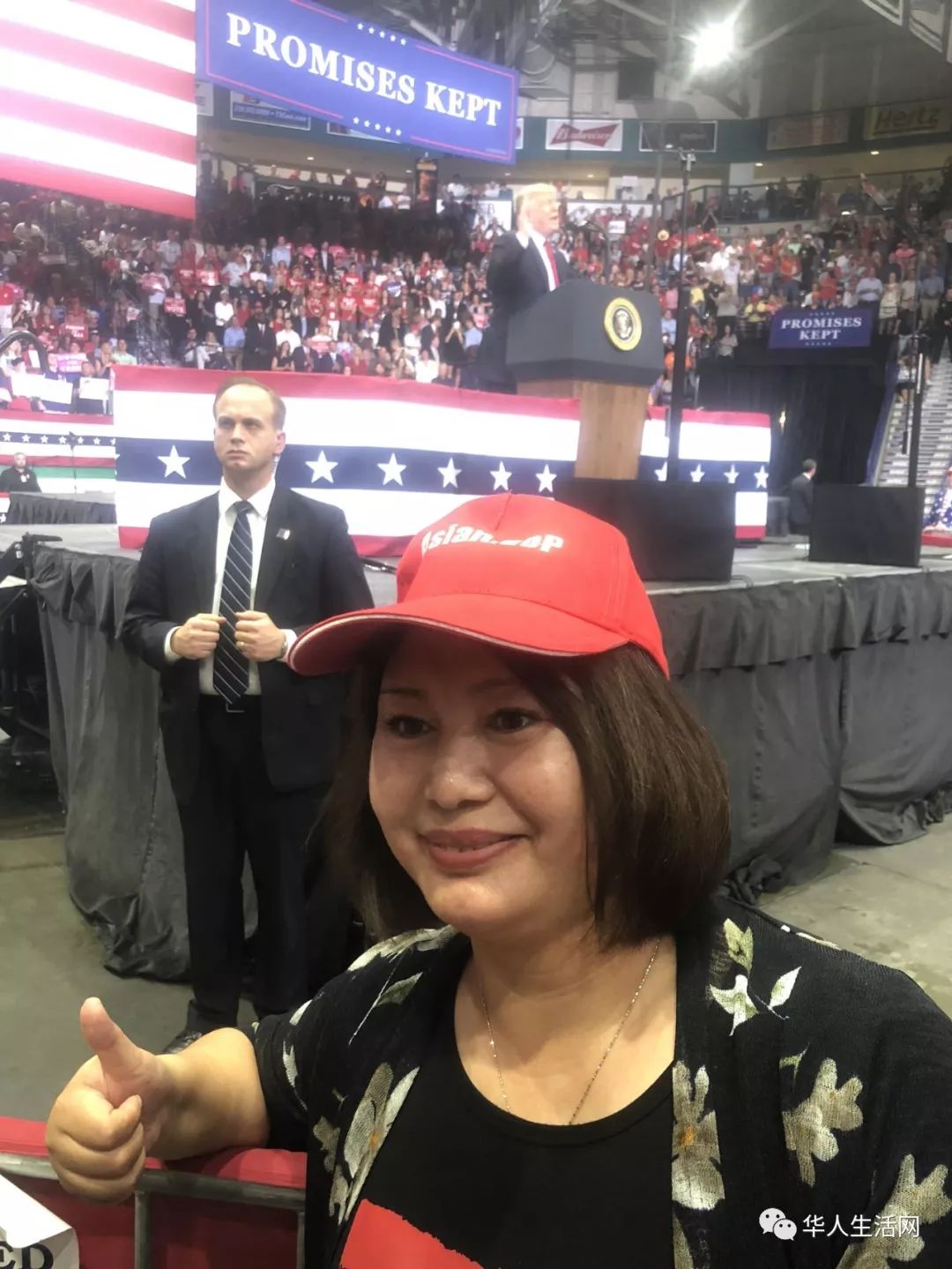revealer2k
Member
- Jan 19, 2020
- 60
- 1
- 6
It is a big deception --- Trump's trade war made China's economy worse, therefore Trump couldn't be working for Beijing.
But the truth is, Trump actually wants trade wars with all US allies & neighbors, isolating US & giving tremendous strategic benefit to Beijing & Moscow, but because the congress prevented him from starting trade wars against US allies & neighbors, Trump therefore can only start a trade war with China.
Besides Russia, another major power that made Trump won the 2016 election is a group of elders (former leaders and top officials) of the Chinese Communist Party. These elders of the Chinese Communist Party killed billions of Chinese people and squeezed trillions of money from China, moved their families and money to the west, and bound themselves with top politicians and tycoons of the west. They make Trump work for their global strategic goals, which may be different with the current Beijing authority's interests. They let Trump start a trade war with China, to achieve multiple goals:
1. The trade war can be a best cover-up, making people fail to notice that Trump is actually achieving the strategic goals of Beijing and Moscow.
2. These CCP elders belong to other sects of the Communist Party, they use the trade war to put pressure on the current Beijing authority. Trump is used as a tool for a sect war of CCP.
3. These CCP elders squeezed China and moved the money to the west, and since Xi Jin Ping came into power, the tyrannic control over Chinese people became more and more severe, the social vitality and creativity of China is dying out --- These are the main reasons why China's economy became worse. These CCP elders had been running a "Shipwrecking Plan" for a long time, according to this plan, they hollowed out China, moved all the money to the west, and then they will make China collapse, form another party, and their descendants will go back to China and become the new authority.
4. These CCP elders actually don't work for the current Beijing authority, but work for their own interests. One of their goals is spreading autocracy all over the world, and supporting far-right policies, to protect their power and wealthy. Trump's speeches against communism and socialism give him the best excuse for his far-right policies, and because the CCP elders want to collapse China, form a new party and send their descendants and proxies back to China and become the new authority, the criticizes against communism and socialism don't hurt them, but actually help them.
5. To collapse China and form a new party to take the place of CCP --- this is a Plan B. If Trump's trade war subverts Xi Jin Ping successfully, then they win the sect war, they don't need to form a new party, they will let the CCP continue to rule China, but those who control the CCP will be their descendants and their proxies. Or they may change the name of CCP, and their rule over China continues.
But the truth is, Trump actually wants trade wars with all US allies & neighbors, isolating US & giving tremendous strategic benefit to Beijing & Moscow, but because the congress prevented him from starting trade wars against US allies & neighbors, Trump therefore can only start a trade war with China.
Besides Russia, another major power that made Trump won the 2016 election is a group of elders (former leaders and top officials) of the Chinese Communist Party. These elders of the Chinese Communist Party killed billions of Chinese people and squeezed trillions of money from China, moved their families and money to the west, and bound themselves with top politicians and tycoons of the west. They make Trump work for their global strategic goals, which may be different with the current Beijing authority's interests. They let Trump start a trade war with China, to achieve multiple goals:
1. The trade war can be a best cover-up, making people fail to notice that Trump is actually achieving the strategic goals of Beijing and Moscow.
2. These CCP elders belong to other sects of the Communist Party, they use the trade war to put pressure on the current Beijing authority. Trump is used as a tool for a sect war of CCP.
3. These CCP elders squeezed China and moved the money to the west, and since Xi Jin Ping came into power, the tyrannic control over Chinese people became more and more severe, the social vitality and creativity of China is dying out --- These are the main reasons why China's economy became worse. These CCP elders had been running a "Shipwrecking Plan" for a long time, according to this plan, they hollowed out China, moved all the money to the west, and then they will make China collapse, form another party, and their descendants will go back to China and become the new authority.
4. These CCP elders actually don't work for the current Beijing authority, but work for their own interests. One of their goals is spreading autocracy all over the world, and supporting far-right policies, to protect their power and wealthy. Trump's speeches against communism and socialism give him the best excuse for his far-right policies, and because the CCP elders want to collapse China, form a new party and send their descendants and proxies back to China and become the new authority, the criticizes against communism and socialism don't hurt them, but actually help them.
5. To collapse China and form a new party to take the place of CCP --- this is a Plan B. If Trump's trade war subverts Xi Jin Ping successfully, then they win the sect war, they don't need to form a new party, they will let the CCP continue to rule China, but those who control the CCP will be their descendants and their proxies. Or they may change the name of CCP, and their rule over China continues.




